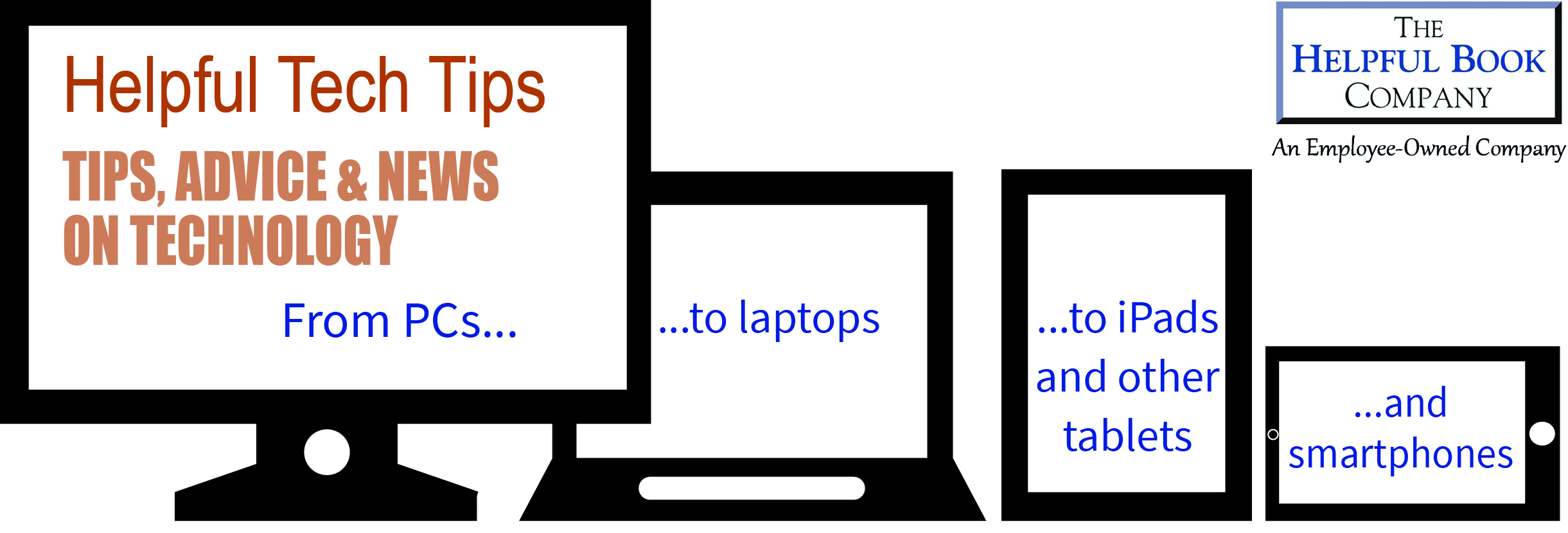Do you love jargon? I’d be surprised. Techies and geeks seem to love it, though.
And it can be infuriating when someone witters on about how you need to “repower and reboot” when all they mean is turn it off and on again…
But there are one or two bits of jargon I do like. Generally because they sound so “un-techy”.
“Dongle” is a good example – that’s actually what they’re called. They’re a little gadget you can plug into a tablet or laptop (or other device) to use the kind of internet connection you get on a mobile phone – 3g or 4 g, even if your tablet or laptop itself only has WiFi. Handy if you’re somewhere where there isn’t any WiFi.
I briefly mentioned them a couple of weeks ago (when I talked about accessing the web while on holiday), but a few people have asked me for a bit more info on what they are and what they do.
In fact one person actually went one better and explained it perfectly well – so over to her!
I have a dongle for my iPad, which I find very useful when out of range of wifi.
I have pay as you go as I don’t use it very often, but if I need to receive and send emails while away from home it is SO convenient, it uses mobile signals.
It means that I don’t have to find a cafe or other source of a signal. I’ve used it while driving to find my position and get directions.
Most people I speak to are unaware of dongles. On an iPad is so much easier to see print and to use the key board rather than on a smart phone although slightly larger and heavier than a mobile phone.
I have an EE dongle which cost about £30. I put £2 which lasts me a month when I’m away and need to keep in touch. For other use e.g streaming the price is higher. It’s possible to have a rolling contract per month but for me that would cost more than I need.
They’re not for everyone, but it’s worth knowing about if, for example you travel a lot and wish you could use your iPad or other tablet while you’re out and about and there’s no WiFi.
Using Hotel WiFi
Incidentally, while talking about using devices while away on holiday, if you’ve ever used a phone or tablet on a hotel WiFi, you’ve probably had to log into it first.
Usually it works pretty simply – you open up your web browser and before you start using it, it goes straight to the hotel WiFi log in page and you have to type in your name and email address. Once you’ve done that, you can carry on.
Next time you go to use it you might not have to log in again – it usually just recognises you as you and lets you carry on.
But recently Google did an update to Chrome to speed it up that can cause problems with this. The new update makes it remember more of the webpages you’re visiting, so it’s faster. But it gets in the way of the thing that takes you to the hotel WiFi page, so you can’t log in.
It’s a bit of a pain and if you have this problem probably the simplest thing to do is see if you have another web browser on your phone or tablet (Safari, one just called Internet, Firefox or any others). Open that up and use it to log into the hotel WiFi with. Once that’s done, you can go back to using Chrome if you like.
You could also turn off that particular update while you’re at the hotel. You go into the little three line menu that’s towards the top right in Chrome, go into “Settings”, then into “Advanced” and “Privacy and security” and tap to turn off “Use a prediction service to load pages more quickly”. That should do it – and once you’re home again you can go in and turn it on again.
Of course, if you don’t have any problems logging into hotel WiFi, you can ignore this!
